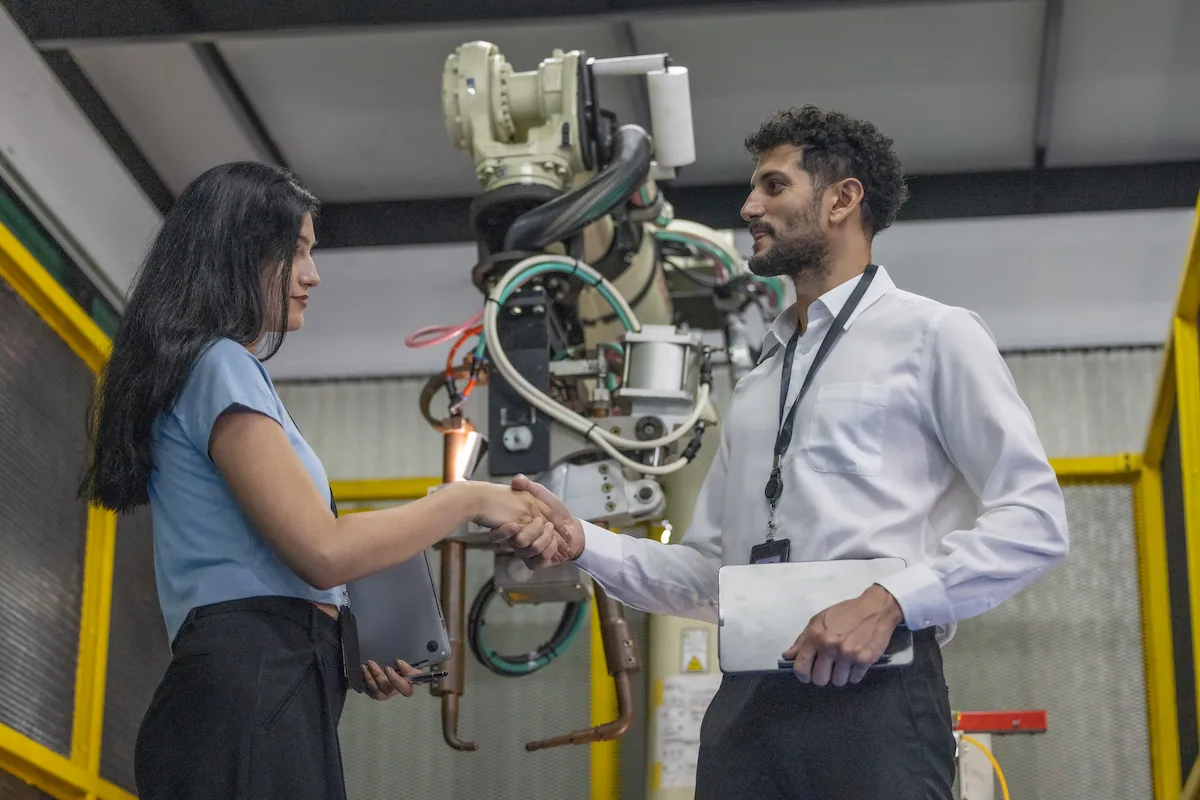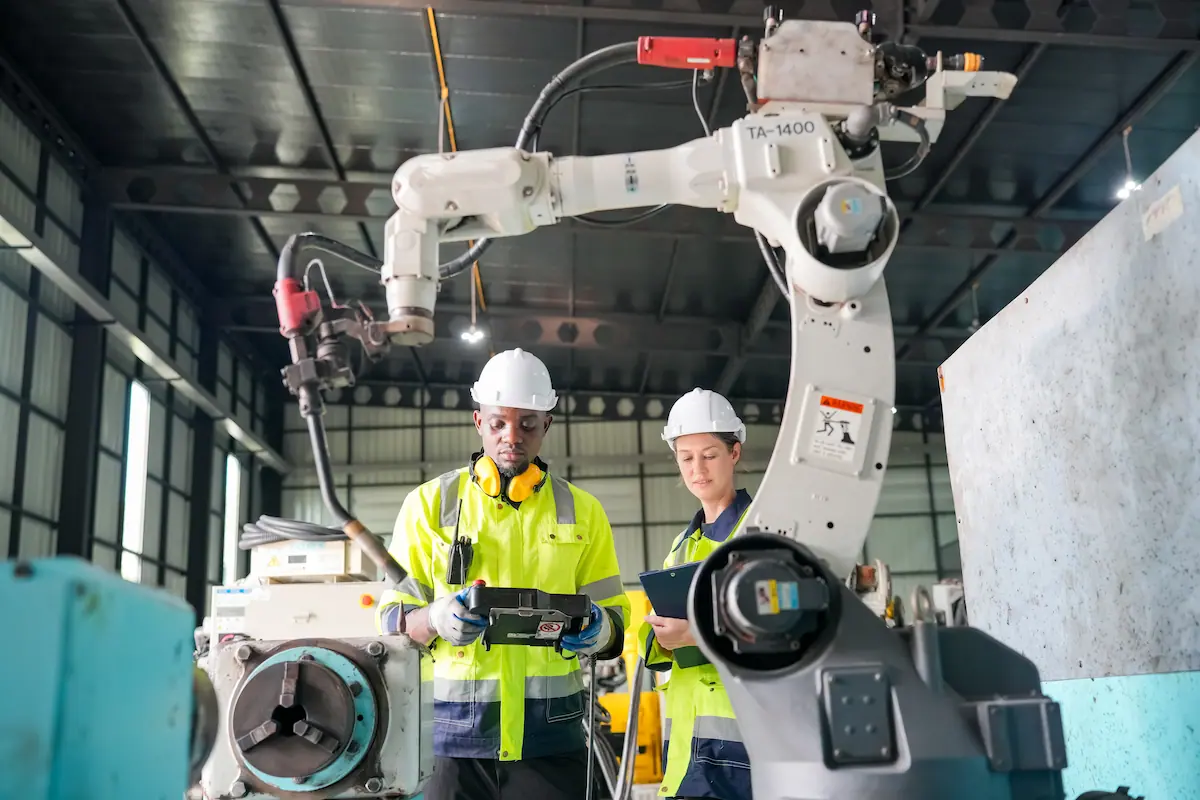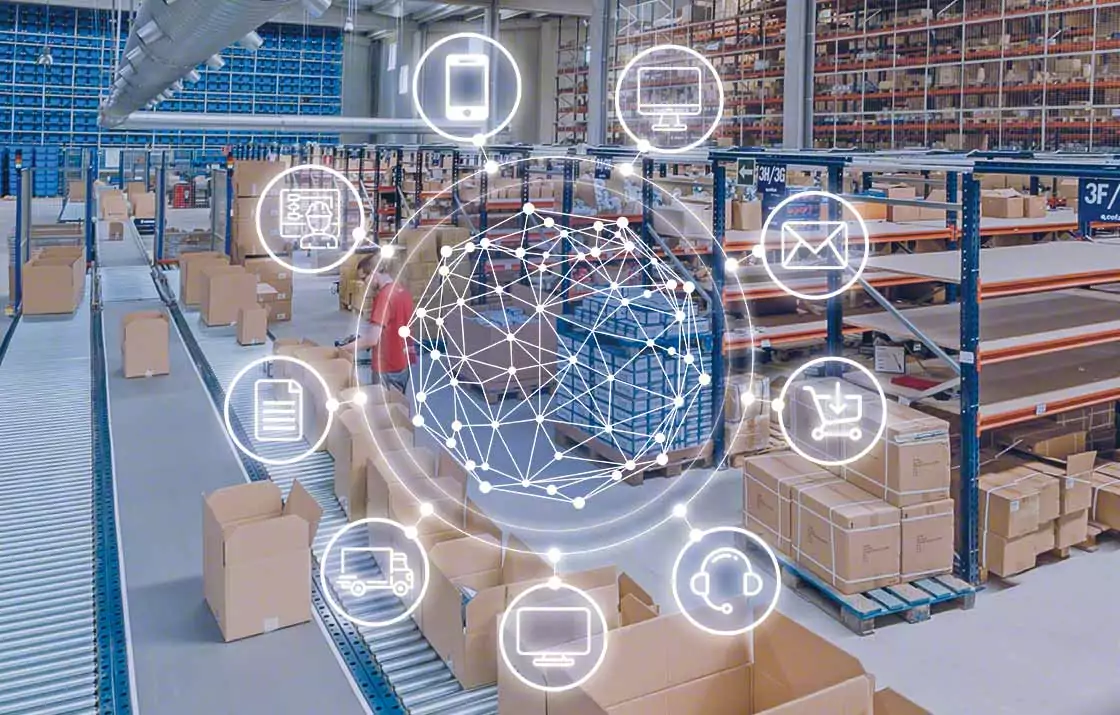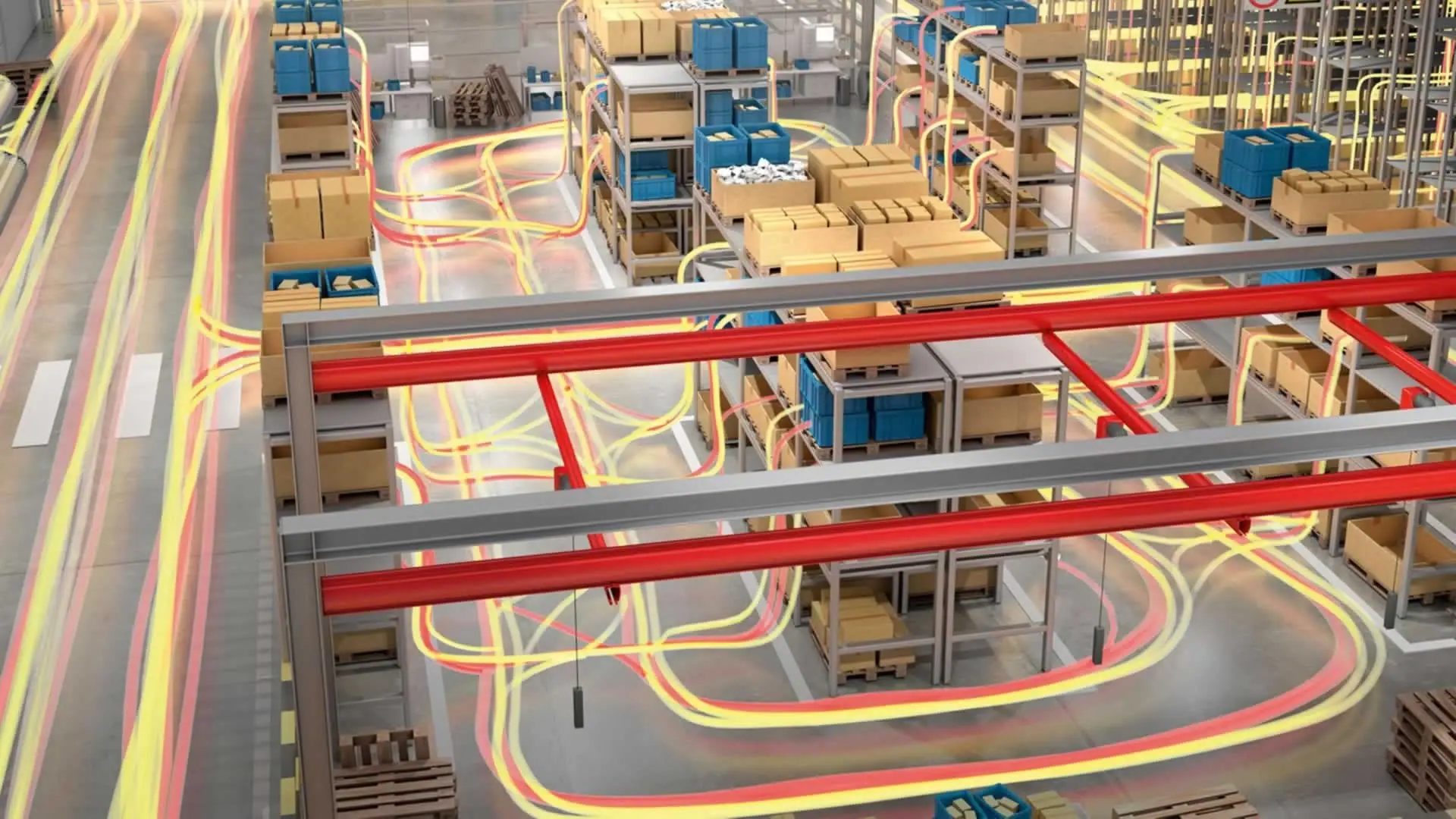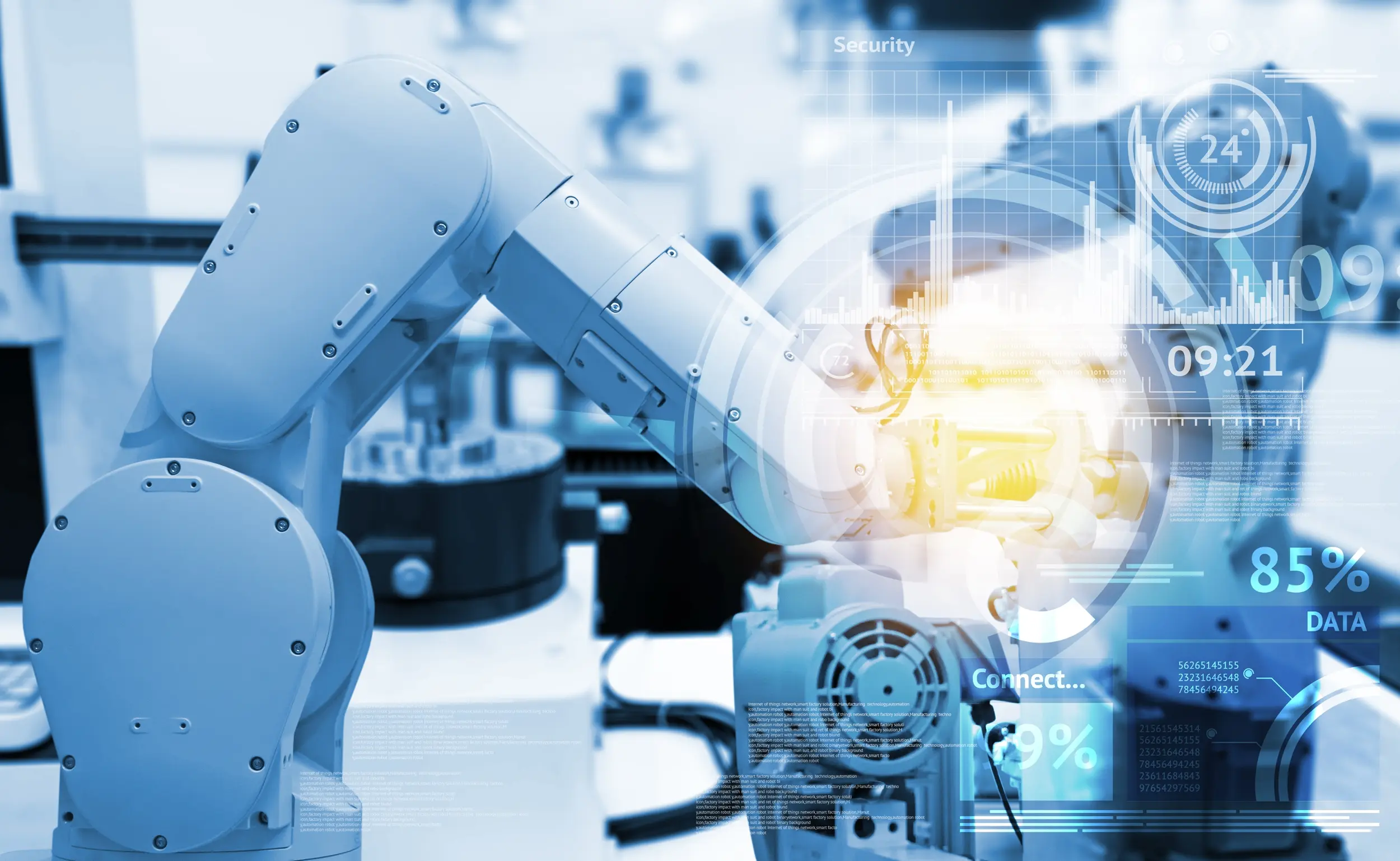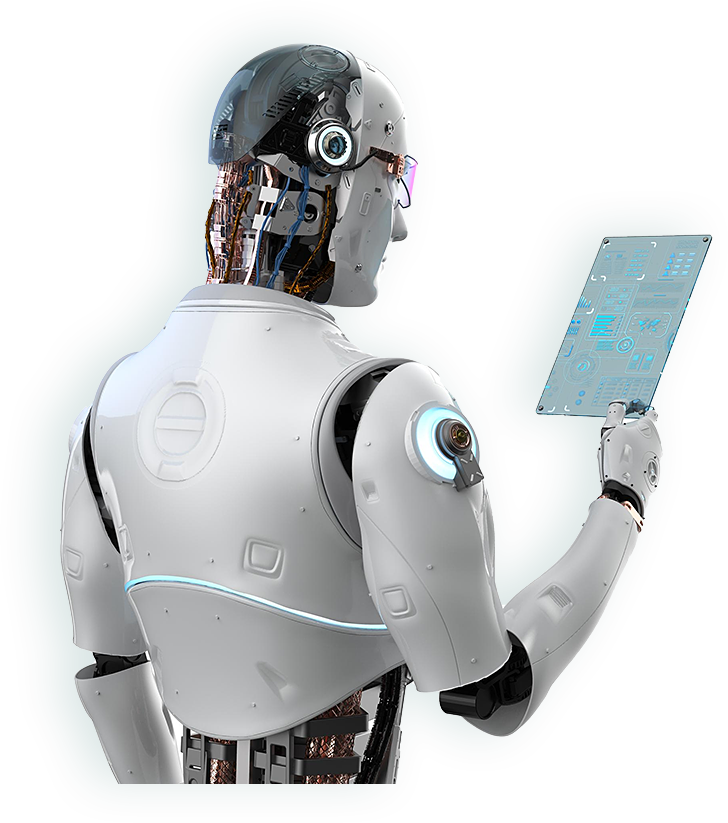Content index
ToggleLet's get back to talking about robotics for warehouses, but this time with a lens on a controversial and divisive topic, to dispel some doubts.
We are referring to theemployment impact which some entrepreneurs fear they will have to face by choosing to entrust some tasks to robots.
A bogeyman far from the reality of the facts, as we will see.
A brief recap on robotics for warehouses
For years now logistics 4.0 tends to rely on robot, ceasing to be a single cost, to assume strategic importance within companies and influence their competitive advantage.
Many companies, in fact, have long since embarked on the path of digital transformation, facing the paradigm ofIndustry 4.0.
Thanks to their investments, they were able to benefit from the advantages of intelligent and automated movement of goods, capable of maximizing the efficiency of internal logistics and differentiating the company in terms of customer experience.
The theme of warehouse robots falls within the macro theme of automation and is projected into the future, winking at collaborative robotics.
In fact, many companies have already taken the next step, relying on machines optimized byartificial intelligence.
Cobots equipped with AI in logistics
There is no doubt that, at first, robots equipped with artificial intelligence were mostly considered as interesting prototypes, nice to see in action, but little more.
However, their evolution was rapid and, soon, their presence, especially in the management of internal logistics, became essential.
The industrial world today aims to integrate these latest generation tools permanently into all production and distribution lines.
The advantages are clear to all those entrepreneurs who have already decided to invest in this sense:
- Speeding up of industrial processes, especially repetitive ones;
- Optimization of production and supply chain;
- Reduction of errors;
- Safety.
All to the benefit not only of the optimization of the warehouses, but also of the workforce present.
The employment impact
Robots governed by AI have, over time, become a real necessity for many sectors of the world industrial logistics.
Thanks to AI, they have also becomecollaborative” and, therefore, capable of cooperate with man.
For this reason the next step will be to integrate them completely in the production and distribution lines.
This, however, does not mean that everything will soon be automated and that the impact on employment will be irreversible. In fact, quite the opposite.
This is demonstrated by research conducted already in 2020 by the NYU Stern School of Business, which tried to answer the question about the impact of robotics on jobs.
From the data collected by this study it emerged that those companies that adopted robots before other competitors have become more competitive.
And this, as a consequence, led to their growth which even led to a increase in staff.
Every data relating to job losses, we always read in the same study, comes instead from those companies that have not adopted robotics, losing competitiveness. The only real impact on work, therefore, is relative to a simpler one shifting of tasks, with the creation of new specializations.
For this reason, finally, it is increasingly necessary to facilitate this transition, helping workers to retrain also through the so-called training 4.0.

